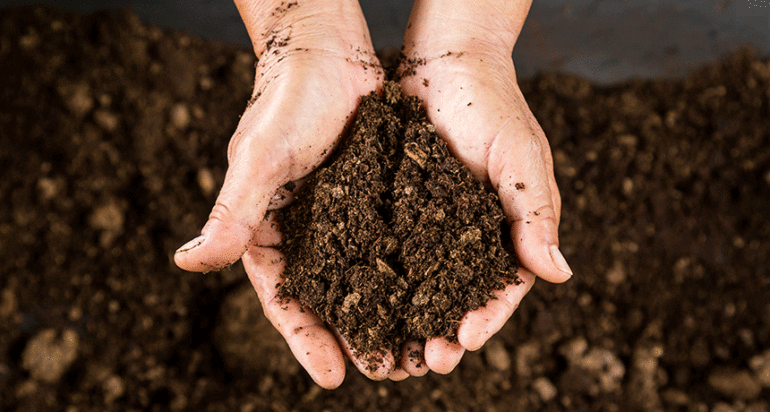To understand generosity is to understand thankfulness. I’ll explain with a story about dirt.
What we now call Silicon Valley was once vast fruit orchards. I remember growing up in San Jose and walking through cherry orchards on my way to school, and I’m not even old enough for social security. Imagine what the old timers could tell us!
When I was four we moved to a home with a small area in the backyard meant for a garden, but at various times it was my play area. One time I wanted to dig a foxhole, probably something I had seen on a TV show. With a shovel in hand I begin to scoop soil with the eagerness of all kids when they start a project.
But I quickly gave up. The soil was hard and I was small.
When my Dad got home he asked how the foxhole was doing. I said, “I stopped because the dirt is really hard. It’s bad soil here.”
He looked at me and said, “We live on some of the richest soil in the world. Let me show you.” We went into the backyard, he grabbed a shovel, and with a few swift strokes removed more dirt in a minute than I had in an afternoon. Then he grabbed a rich, dark clod of dirt and said, “This is beautiful soil.”
Now Dad was no farmer, but his childhood included homesteading in Montana and the dust bowl in Oklahoma. He knew what poor soil looked like. And Santa Clara County was most definitely not bad soil.
As a kid this was a shrug the shoulders kind of moment. I didn’t have the breadth of knowledge to understand just how good the soil was in my backyard because I had not seen just how bad soil could be. For me, our dirt was difficult to dig. That was my entire context. Which makes sense when you are a little kid trying to work a full size shovel.
Had I known more, I would have been thankful for the dirt. Our backyard soil was typical of a region that raised amazing produce. But until I understood what a wonderful place our area was, I couldn’t appreciate it.
Generosity works the same way. We are not going to be especially generous until we are thankful for what we have. To use the metaphor, we have to grow up a bit so we can use the shovel properly. That’s when you realize just how rich you (the soil) really are.
Are you employed? Be thankful. Do you have a place to live? Be thankful. Do you have access to health care? Be thankful. Do you have clean water, electricity, ice cream, transportation, a retirement account, fresh food, or at least some of these things? Be thankful.
Once you understand the context of your situation you will feel thankful. That’s when generosity begins to flow freely. You know your context and all the blessings you have, and you want to joyfully share them with others.
If you don’t take the time to learn about your specific context, at best you will always think of God’s blessings as “normal” because that’s what everyone around you has. At worst you are like a little boy trying to work a big shovel and see things as “bad.”
Learn how blessed you are. Learn your context. Thankfulness will ensue. Generosity will become a joy.

